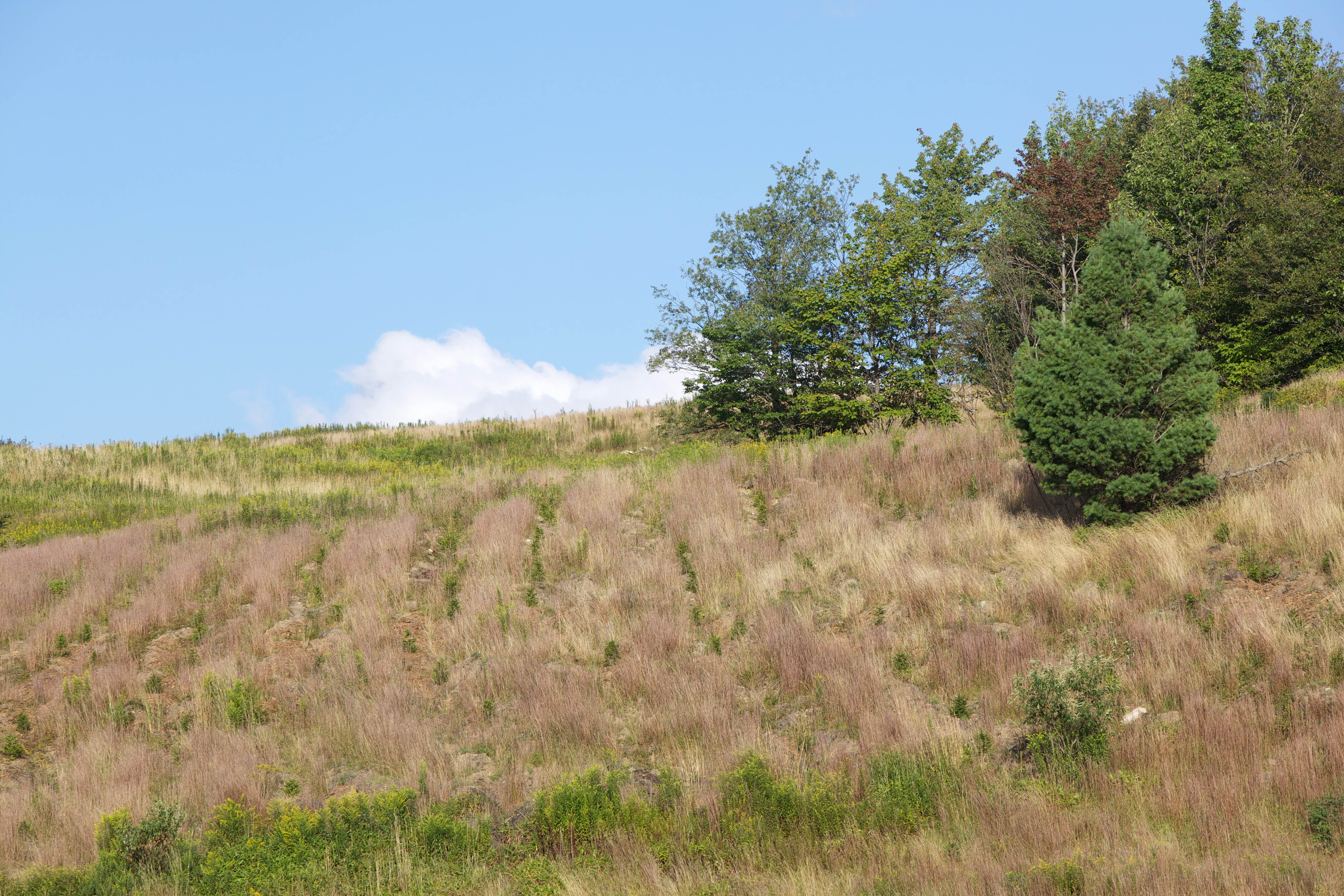UBC Science genomics research in natural resource, environmental and health sectors gets $18 million boost
January 24, 2017

January 24, 2017

UBC Science researchers are leading three large-scale genomics projects addressing key challenges in Canada’s natural resource, environmental and health sectors, Genome Canada announced today.
Genome British Columbia will be the lead genome centre for the three projects, worth a total of $18 million.
“These new genomic research projects strengthen Canada’s position as a leader in producing evidence-based solutions to come of our grandest challenges," said the Honourable Kirsty Duncan, Minister of Science. "In addition to growing the economy and improving the quality of life for middle class Canadians, they will accelerate our drive toward clean technologies and other approaches that will safeguard our water and biodiversity, lower our carbon footprint and protect our environment."
Joerg Bohlmann will lead a $10.5 million research effort to accelerate the development and deployment of genomics-improved spruce stock that is more resistant to insects and drought.
A $4.8 million research project designed to protect freshwater recreational fisheries from climate change and other human impacts us being led by UBC researchers Patricia Schulte and Anthony Farrell.
And UBC’s Carl Hansen will lead a project worth almost $3 million to develop and deliver a disruptive technology that measures and isolates antibodies directly from individual immune cells. The technology could enable health researchers to screen millions of cells in a single day to find those that may be developed into therapeutics.
“The natural resource and environment sectors are areas where genomics is just starting to emerge as a powerful tool to help address issues facing many traditional industries," said Marc LePage, President and CEO of Genome Canada. "These new projects will tap into the huge potential for innovative, genomics-based solutions that will help some of our key industries – mining, forestry, fisheries – revive and thrive in the face of climate change, while also protecting our precious ecosystems, drinking water and wildlife.”
UBC chemist Harry Brumer will colead a $9.5 million Genome Ontario project focused on harnessing the genetic potential of microorganisms to identify and develop new biocatalysts that can be used to create materials from trees. The work could result in the development of new resins, coatings, bioplastics and adhesives.
In total, UBC researchers are leading or co-leading $45 million in projects announced through Genome Canada’s Disruptive Innovation in Genomics and Large Scale Applied Research Project competitions.
Spruce trees are Canada’s most significant forest resource. The Spruce-Up project, led by Joerg Bohlmann of the University of British Columbia and Jean Bousquet of Université Laval, will accelerate the development and deployment of genomics-improved spruce stock that is more resistant to insects and drought, uses nutrients efficiently and results in improved wood quality and productivity. Spruce-Up is estimated to more than double the net economic output value of spruce forests, increasing the value of new trees and reducing losses due to environmental disturbances.
Recreational fishing is a treasured pastime, contributing more than $8 billion to the Canadian economy. Rainbow trout are a cornerstone of recreational fishing, but wild populations are in danger due to climate change and human impacts. The University of British Columbia’s Dr. Patricia M. Schulte, along with Drs. Ben Koop of the University of Victoria and Anthony Farrell of UBC, is using conservation genomics to provide the tools, information and policy recommendations needed to stock fish that are resilient to the effects of climate change, monitor their genetic health and manage and preserve rainbow trout. The team’s work will help preserve recreational fishing for generations to come.
Antibodies are molecules the immune system makes to fight infection and disease. There is an immense variety of different antibodies, each one binding to a specific target molecule. It is this specificity that makes antibodies highly effective as targeted therapies – that is, if you can find the best candidates out of the billions of antibodies the body produces. Current methods allow the sampling of less than 0.001 per cent of all antibodies and are time-consuming and expensive. Carl Hansen of the University of British Columbia will develop and deliver a disruptive technology that allows measuring and isolating antibodies directly from individual immune cells, with the ability to screen millions of cells in a single day to find those that may be developed into therapeutics. The outcomes of this work will be commercialized in Canada, promoting economic growth and creating new high-tech jobs in BC.
We honour xwməθkwəy̓ əm (Musqueam) on whose ancestral, unceded territory UBC Vancouver is situated. UBC Science is committed to building meaningful relationships with Indigenous peoples so we can advance Reconciliation and ensure traditional ways of knowing enrich our teaching and research.
Learn more: Musqueam First Nation